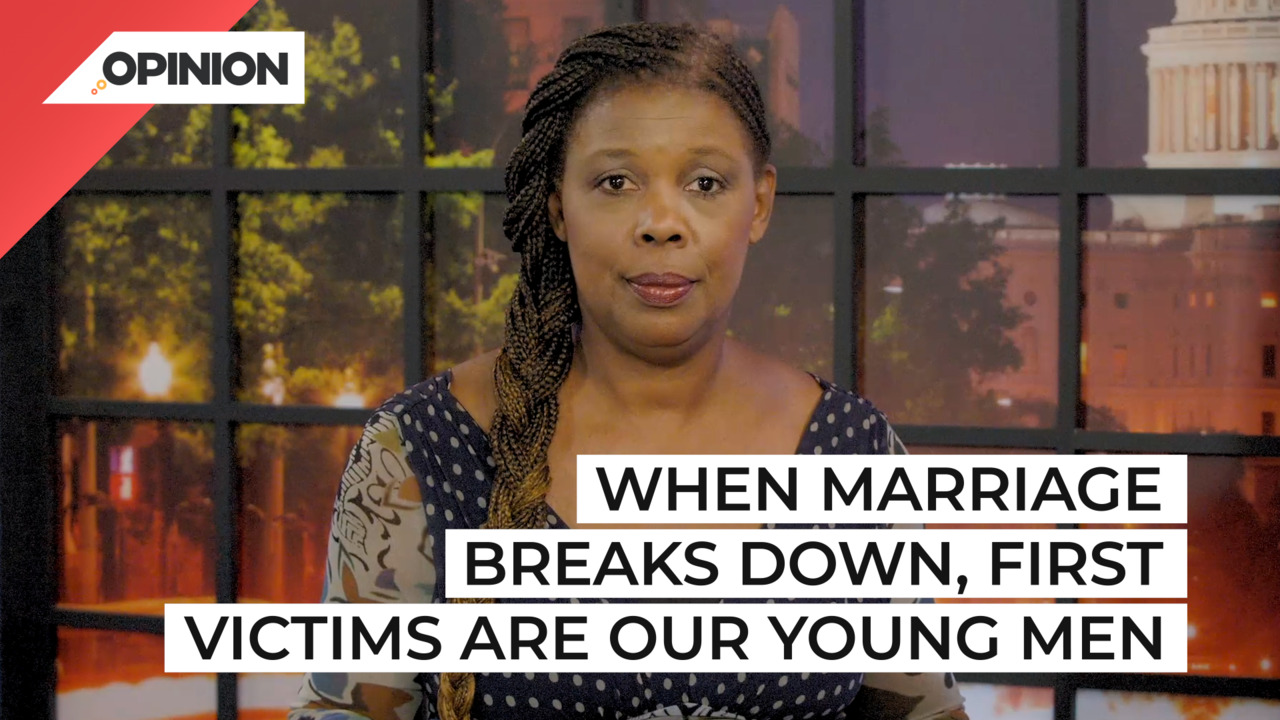
Commentary
-
Our commentary partners will help you reach your own conclusions on complex topics.
The number of Americans who die due to drug overdose has more than doubled since 2015, with over 100,000 deaths in 2021.
And, tragically, 2022 is set to break that record.
Many of these deaths have come from the skyrocketing rise of fentanyl, a synthetic opioid manufactured in China and smuggled into the U.S. through Mexico.
Fentanyl is now the leading cause of death among adults aged 18-45.
And adults are not the only ones in danger, however. According to the Drug Enforcement Administration, cartels increasingly target younger children and teens.
Now we’re hearing more and more about fentanyl that is rainbow colored. To many children, it looks no different from Skittles and M&M’s.
Many look to policymakers in Washington and in state and local governments to address this continuing opioid crisis, and specifically the rise of fentanyl.
But addressing the smuggling of these drugs into the U.S. through Mexico is unlikely to be addressed anytime soon, as the Biden Administration’s inaction and lack of concern for the drastic issues we are facing at our border has been evident.
While most of his discussions center around the usual policy cop outs of government programs and spending, I think it’s worth considering that what we’re seeing might reflect a moral and cultural crisis.
According to multiple national, state, and independent studies, drug overdose deaths are primarily men and those who are not married.
For instance, a study by the National Library of Medicine, never married and divorced individuals made up about 32 percent of the population but accounted for 71 percent of all opioid overdose deaths.
There’s a price to be paid when a society forsakes the spiritual for the purely material – and when traditional institutions, such as marriage and generational family, are abandoned. It could be that as generational family and conjugal marriage break down, the first victims of this abandonment of spirit and tradition are our young men.
Addressing this crisis will not just require increased law enforcement and public health action. Addressing this fentanyl crisis will require us, as a society, to change our culture for the better, especially when it comes to conjugal marriage.
Conjugal marriage is, after all, an institution, aimed at permanence, selflessness, commitment, and stability. It has the potential of transforming people’s lives for the better.
And while marriage itself will not guarantee that there still won’t be individuals who sadly succumb to addiction and death, it clearly is a crucial component of keeping souls from wavering down those darker roads.
-
Biden using taxpayer dollars to buy voters is indefensible
In July 2023, the U.S. Supreme Court overturned President Biden’s attempt to cancel more than $400 billion in student debt. Biden has since been exploring ways to bypass the ruling. Recently, he announced that over 270,000 individuals enrolled in his income-driven repayment plan (SAVE) will have $7.4 billion in debt canceled. This action brings the…
-
Trump should move ahead with federal abortion bans
Decades-long Republican efforts to roll back abortion access are now paying off in the aftermath of Dobbs v. Jackson Women’s Health Organization, the Supreme Court ruling which overturned Roe v. Wade. And yet today, an overwhelming majority of Americans say that they believe at least some abortion access should be protected. GOP presidential candidate Donald…
-
Biden’s White House shows hostility toward Christianity on Easter
President Biden and First Lady Jill Biden recently hosted an education-themed Easter egg roll at the White House, while also acknowledging International Transgender Day of Visibility. Some Republicans criticized the White House for banning religious themes from designs in the children’s egg decorating contest. Straight Arrow News contributor Star Parker argues that the White House…
-
Kamala Harris’s abortion clinic visit endorses crime against humanity
Kamala Harris became the first American vice president in history to visit an abortion services provider while in office on Thursday, Mar. 14. That visit was a part of her “Fight for Reproductive Freedoms” tour, which she hopes will mobilize Americans concerned about dwindling access to reproductive healthcare and abortion services. Straight Arrow News contributor…
-
Schumer must stand down on attacks against Israel
On March 14, Senate Majority Leader Chuck Schumer, D-NY, issued a stark warning that Israel was at risk of becoming a “pariah,” and advocated for a new election to replace Prime Minister Benjamin Netanyahu. Schumer’s remarks on the Senate floor, notable given his history of unwavering support for the Jewish state, sparked widespread controversy among…
Latest Opinions
-
 Reuters/Jane Rosenberg
Reuters/Jane Rosenberg
Trump’s ‘hush money’ trial: Legal experts debate name coined by media.
-
 AP Images
AP Images
Black Chicagoans feel neglected as millions funneled to migrant crisis
-
 Envato
Envato
Congress wants to curtail ‘judge shopping.’ Can it act before the election?
-

Tesla recalls almost 4,000 Cybertrucks over accelerator issue
-
 Getty Images
Getty Images
Meta AI debuts across platforms raising privacy, bias concerns
Popular Opinions
-
In addition to the facts, we believe it’s vital to hear perspectives from all sides of the political spectrum.


